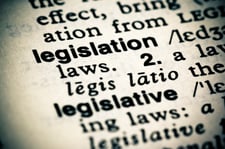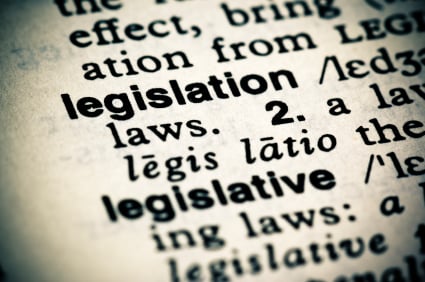In my experience, there are often overlooked provisions in the laws concerning condominiums and homeowners’ associations. As a sampling, here are a few:
 Condominiums
Condominiums
- Associations have the right to adopt rules to prohibit dual usage by a unit owner and a tenant of association property and common elements readily available for use generally by unit owners.
- Associations have the power to purchase units in the condominium and to hold, lease, convey or mortgage them unless prohibited from doing so in its governing documents.
- If the governing documents allow, associations may require security deposits (equal to one month’s rent) be held in escrow to protect against damages to the common elements or association property.
- While the law does not require insurance trustees, many declarations do. Check your documents for who they are and what their function is under specified circumstances.
- Certain use and voting rights of delinquent owners can be suspended but only if approved at a properly noticed board meeting. Notification of such suspensions must be given to the suspended owner and, if applicable, the owner’s occupant, licensee or invitee by mail or hand delivery.
- The Division of Condominiums, Timeshares and Mobile Homes promulgated “Frequently Asked Question and Answer” sheet must be updated annually by the Association. Prospective buyers have a right to receive it; consequently, selling owners will ask for it.
Homeowners’ Associations
- Before an association commences litigation against any party involving amounts in controversy in excess of $100,000, the association must obtain the affirmative approval of a majority of the voting interests at a meeting of the membership at which a quorum has been attained.
- If the election process in the governing documents allow for candidates to be nominated in advance of the election meeting then the association is not required to allow nominations at the election meeting.
- Associations are not required to provide prospective purchasers or lien holders with information about the community or the association. This would include lender questionnaires. However, if the association provides it, the association can charge a reasonable fee to the prospective purchaser or lien holder or the current owner for providing good faith responses to requests for information by or on behalf of a prospective purchaser or lien holder (not to exceed $150 plus the reasonable cost of photocopying and any attorney fees incurred by the association in connection with the response). This is also true for condominium associations.
Associations should always confer with its association attorney for guidance on relevant laws and its governing documents.
The information contained in this article is intended to provide general information and is not regarded as rendering specific advice to your particular Community Association. While we make every attempt to ensure that the information contained herein is accurate and complete, the Jay Steven Levine Law Group is not responsible for any omissions, or for the results obtained from the use of this information. Furthermore, we are not responsible for the applicability of any such information to your particular situation. The information in this article does not constitute legal advice and is not intended to be a substitute for legal counsel. You are urged to contact your Association’s attorney should you have questions on the applicability of this article to your Association. Please be aware that the legal principles referred to in this article are subject to change from time to time.
